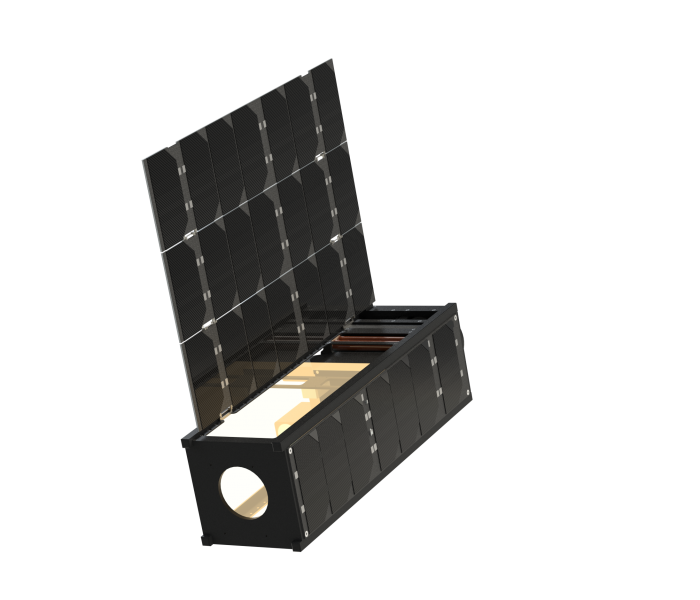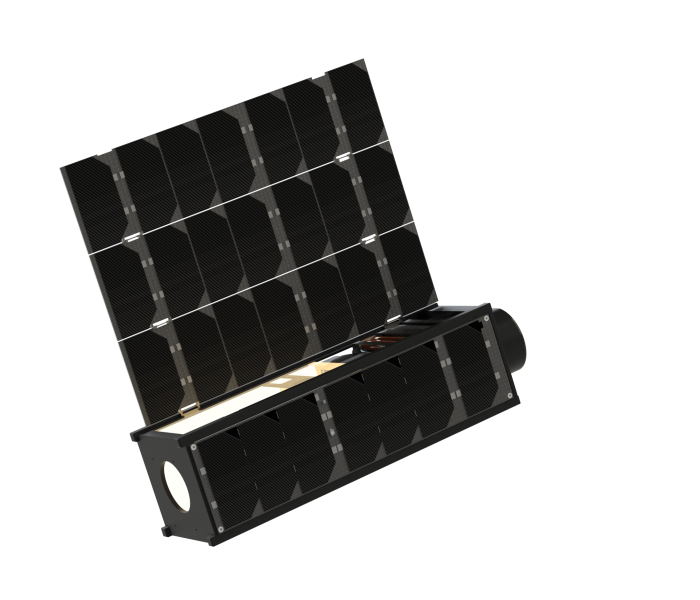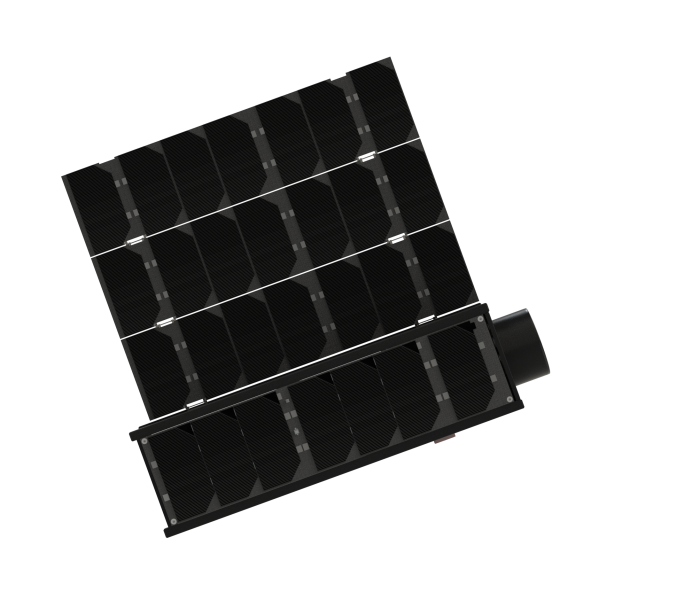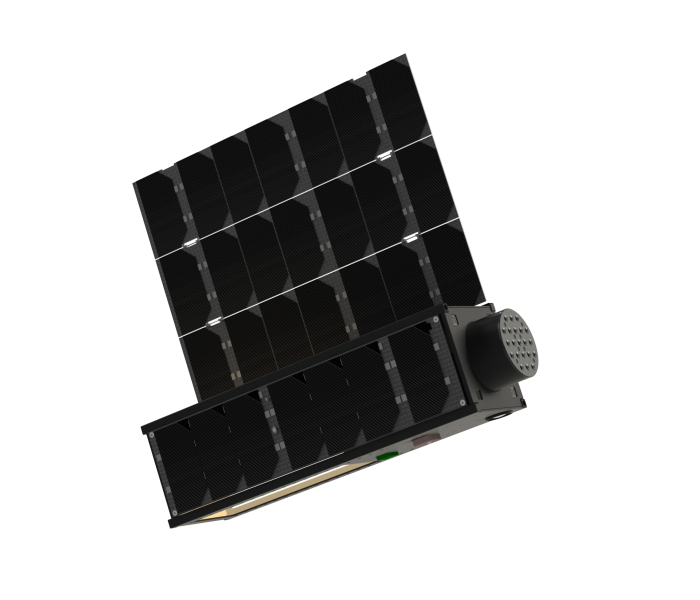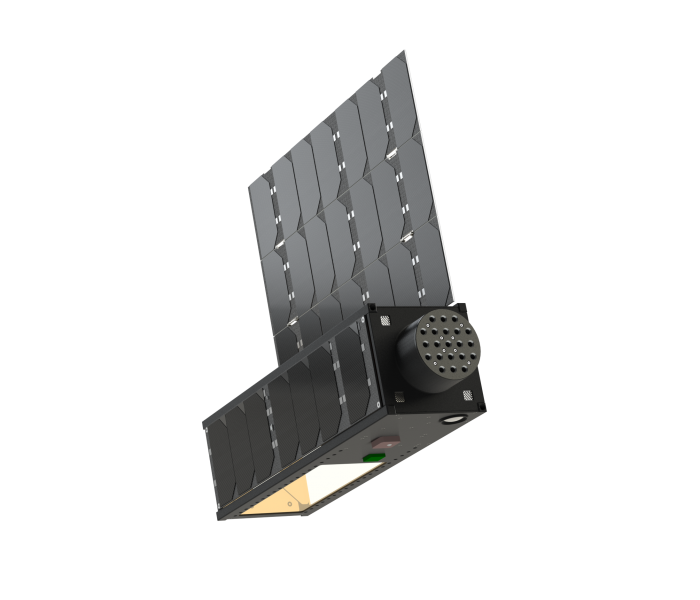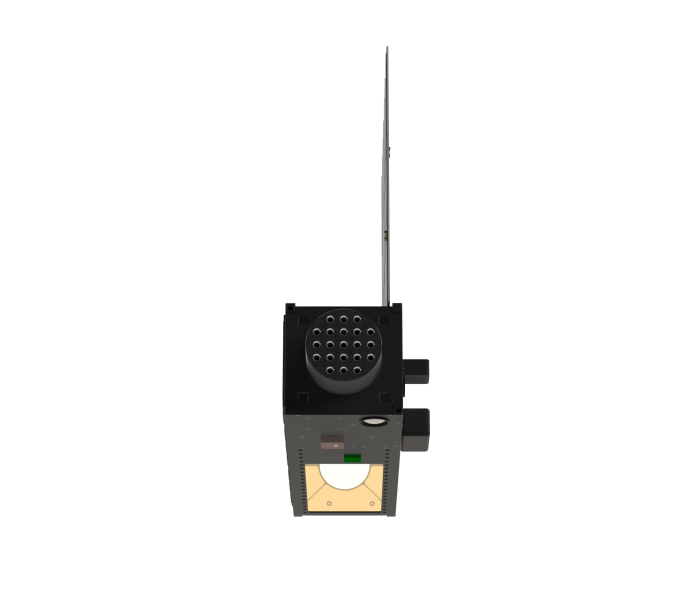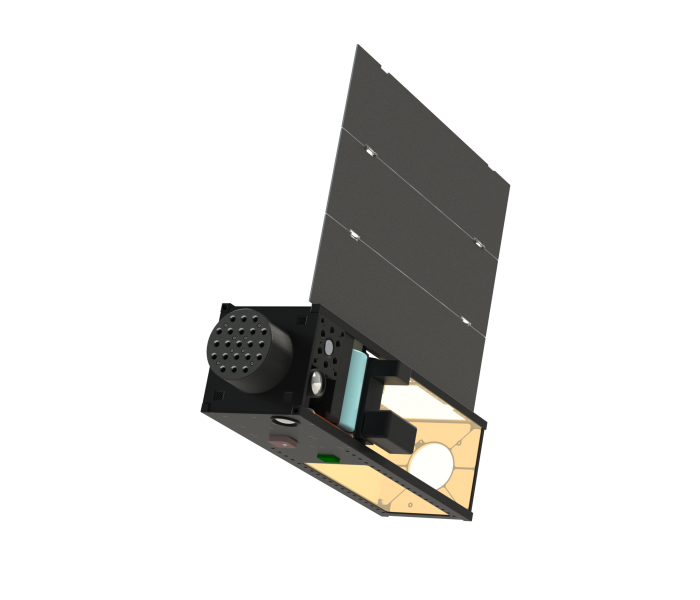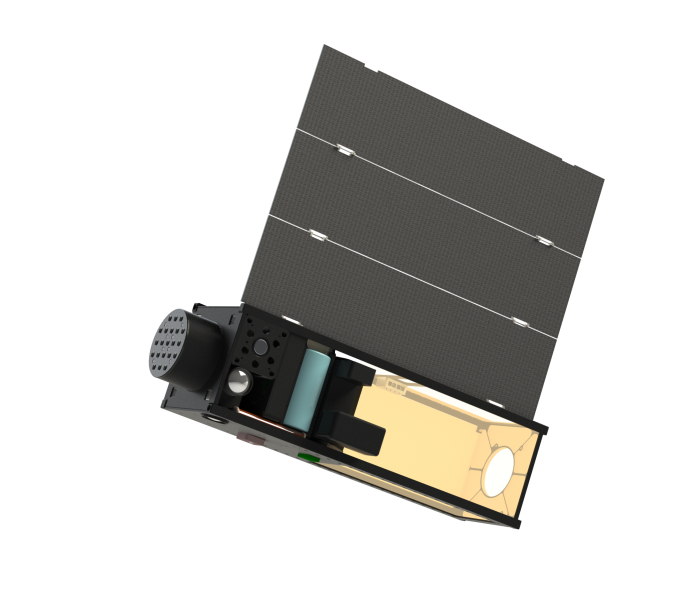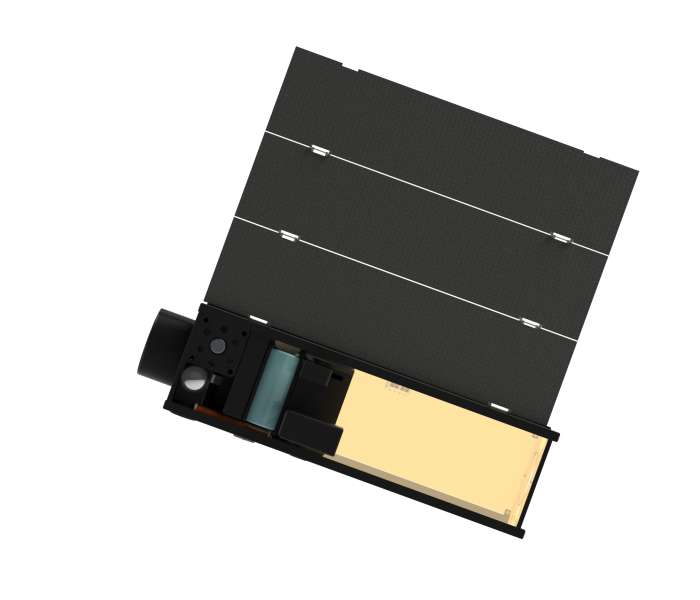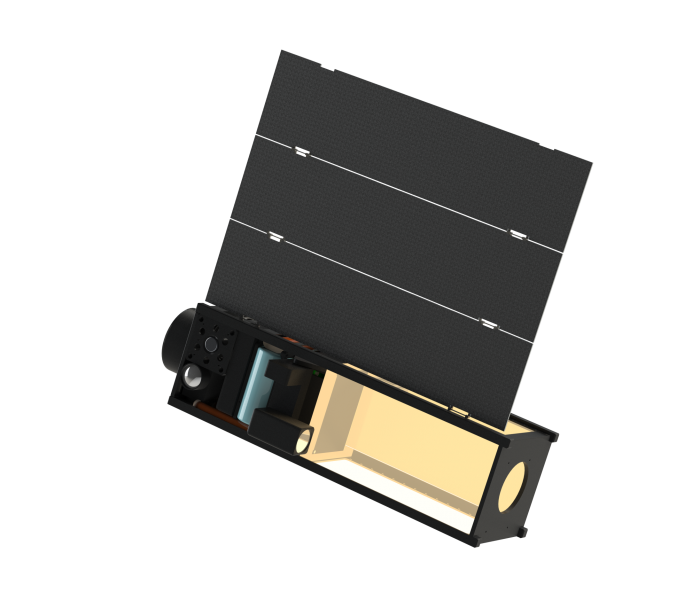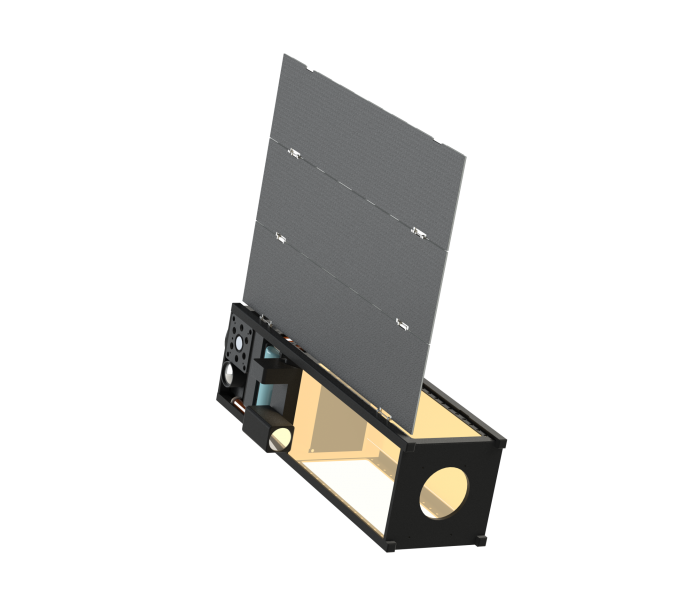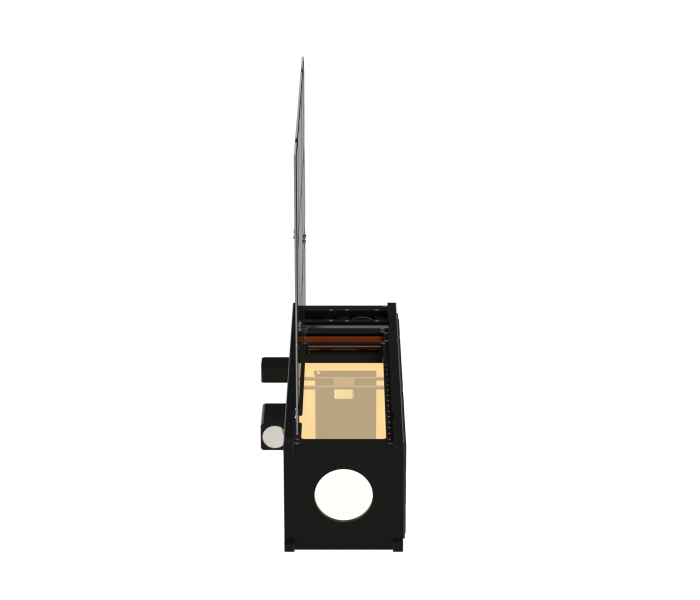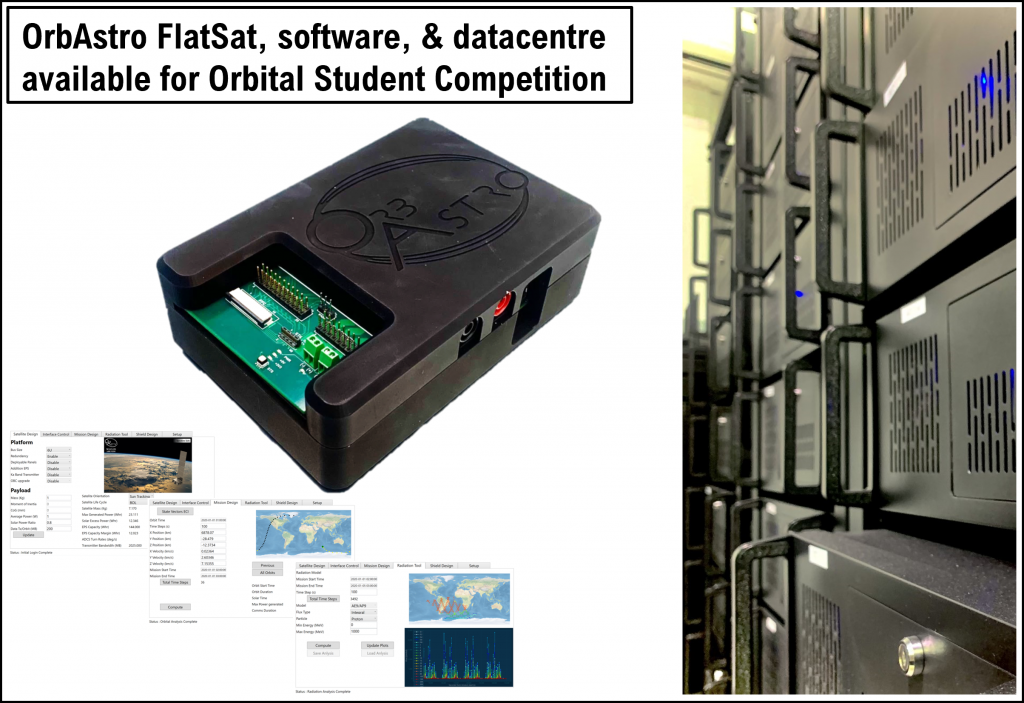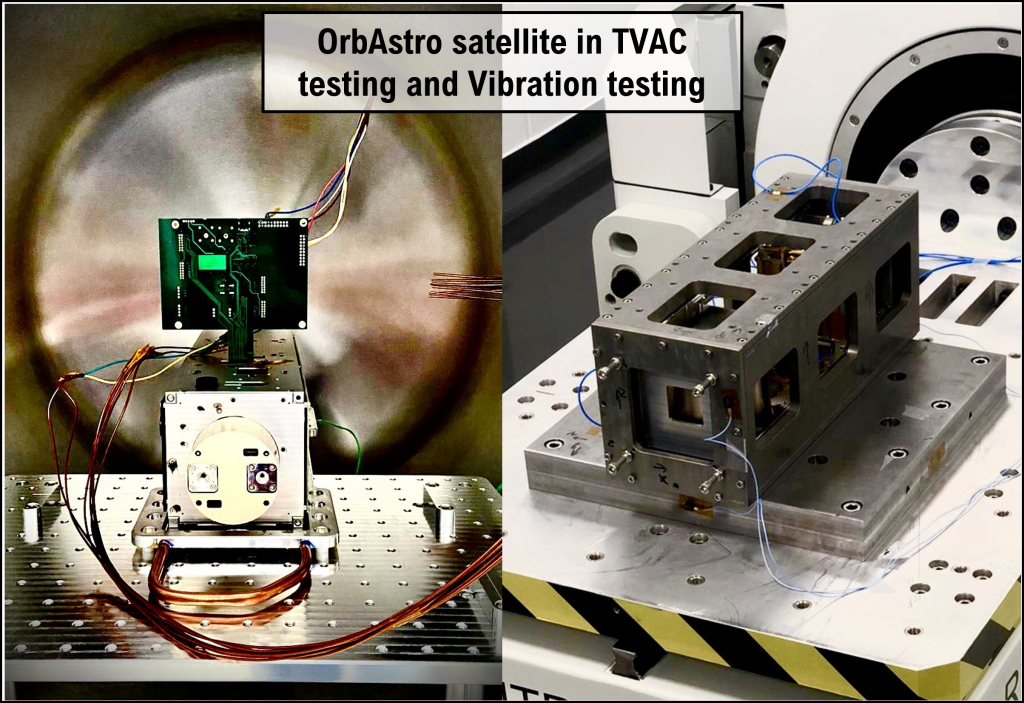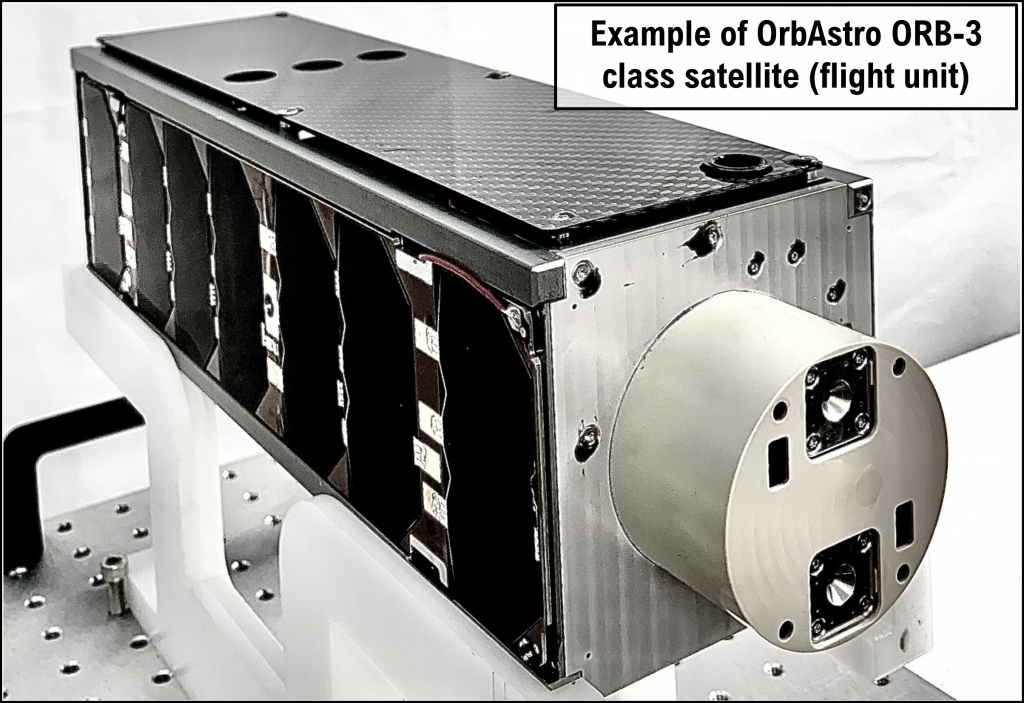
Space competition for university students
Build and integrate a spacecraft payload, qualify it, have it flown in space, and get data from orbit.
In collaboration with various space societies and space agencies, OrbAstro is running an annual global competition geared towards providing students with real-world experience in the space industry. The competition gives students the opportunity to get hands-on with satellite technology development, testing, qualification, and in-orbit operations. It also provides them with the opportunity to craft a business/research case and pitch it to industry experts.
Teams decided on a novel spacecraft payload/mission to develop. They mature the design of their payload and program it up for satellite integration using hardware and software modules on the OrbAstro FlatSat.
The FlatSat is the electrical equivalent of an OrbAstro satellite along with related satellite/mission design, thermal, and radiation modules. Technical support associated with FlatSat hardware/software and payload-spacecraft compatibility is provided by OrbAstro throughout the competition.
At the Orbital Student Demo Day, each team will present (remotely or in-person) their payload/mission and the business/research case behind it to an independent panel of space industry experts. A score will be given to each team based on the technology and mission presented, its uniqueness, the strength of the business/research case, and its potential impact on society.
Directly following the Demo Day, all payloads confirmed compatible with the satellite platform will have the opportunity to undergo flight-acceptance testing (vibration, thermal-vacuum, etc.). At least one team member will need to be on-site with OrbAstro (Oxfordshire, UK) to support the test campaign associated with their payload (a great learning experience).
The two teams with the highest Demo Day score, that also pass flight-acceptance testing, will have their payloads integrated with an OrbAstro satellite and launched into orbit onboard a SpaceX Falcon 9. With support from OrbAstro, these winning teams will carry out satellite/payload operations and will gather payload data from their missions.
Teams that make it to flight-acceptance testing, but do not get their payload onboard, will still have the opportunity to get hands-on experience with satellite operations once the spacecraft is in orbit (another great learning experience).
Participation in this competition provides students with the opportunity to gain real hands-on experience with satellite hardware, software, mission development, and space project management. But it also gives them the opportunity to hone a space-related business/research case and pitch it.

Spacecraft on which Orbital Student Payloads will be hosted:
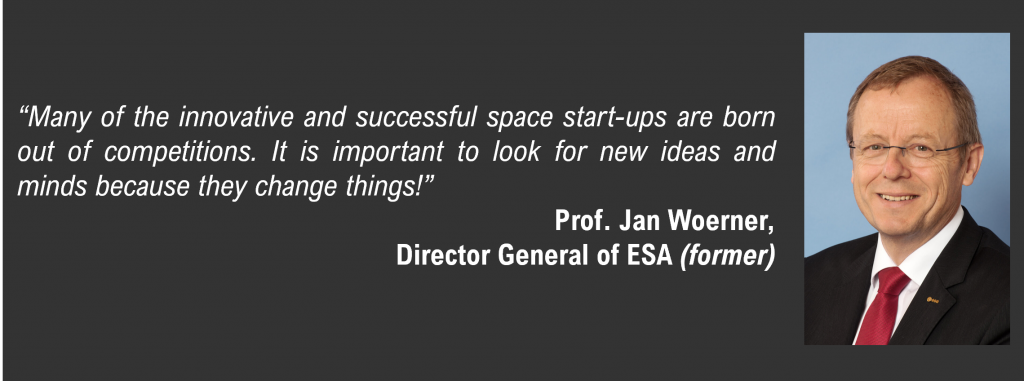
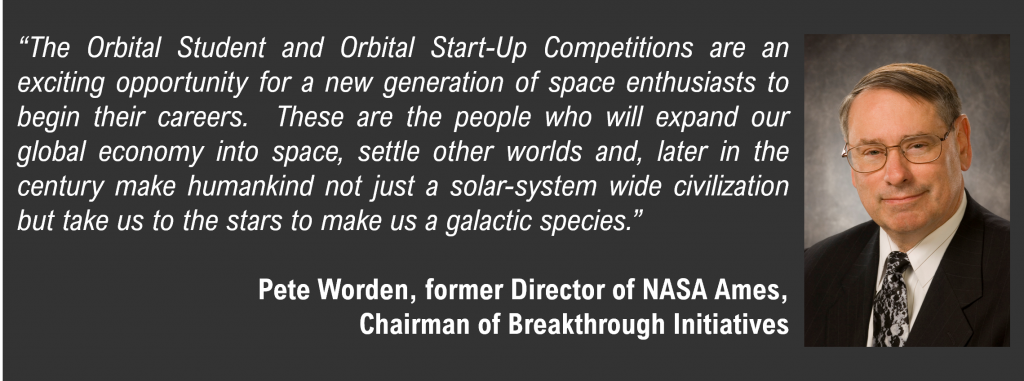
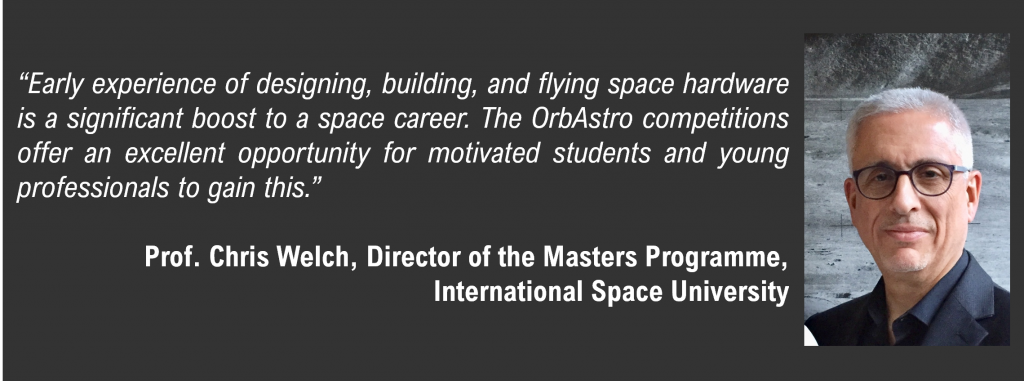
Details:
Dates: No application deadline; rolling. The Orbital Student Demo Day and flight-acceptance testing will occur in September 2024. Delivery of payload flight hardware is to occur no later than October 2024. Launch is to nominally occur in Q1 2025. If over the course of the competition a team finds that they will not be able to meet deadlines, they can postpone submission of the presentation/payload to the next year’s competition and satellite launch at no extra fee.
Fees: Competition entry fee is £3,000. The FlatSat hardware, user manuals, technical support, payload/spacecraft interface control documents, and software licenses will not be delivered or made available until the entry fee is paid. Participation will be forfeited if the entry fee is not paid within 1 month of invoicing. There are no additional fees associated with flight acceptance testing, launch, or flight operations. It is the responsibility of the team and university to organise and cover any payload development costs, import/export fees, expenses associated with travel to OrbAstro for the Demo Day and/or flight-acceptance testing, expenses associated with travel to the launch, shipment of any team hardware to/from OrbAstro, and return of the FlatSat hardware after participation in the competition and mission is concluded.
Competition Scoring: This is based on a 20-page summary report, a 10-minute presentation, and on the quality of the payload built. A panel of independent space industry experts will evaluate submissions with scoring weighted as follows: Technology/Mission (25%), Uniqueness (25%), Business/Research Case (30%), Impact to Society (10%), Quality of Report/Presentation (10%).
Key Payload Requirements: Mass ≤500g. Dimensions ≤90x90x45mm (note, at least one 90x45mm external face will be available per payload). Power available: 20W peak & 5W average. Data uplink/downlink limited to ≤10MB/day average over 3 months of operations. No RF Tx, no deployable structures, no separation, no inflatables, no chemical propulsion, no pyrotechnics. Payload development and build must be wholly carried out by students (undergraduate and postgraduate) at university with support from academic staff.
Satellite/Mission Overview: The 3U-class satellite that will host the Orbital Student payloads will have precision ADCS (<0.1deg pointing accuracy, <0.01deg pointing knowledge), electric propulsion, and powerful onboard computing/processing resources available. The satellite will operate in LEO in a Sun Synchronous Orbit and will actively deorbit after completion of all missions.
If you have any questions, send them in an email to:
APPLICATION FORM


